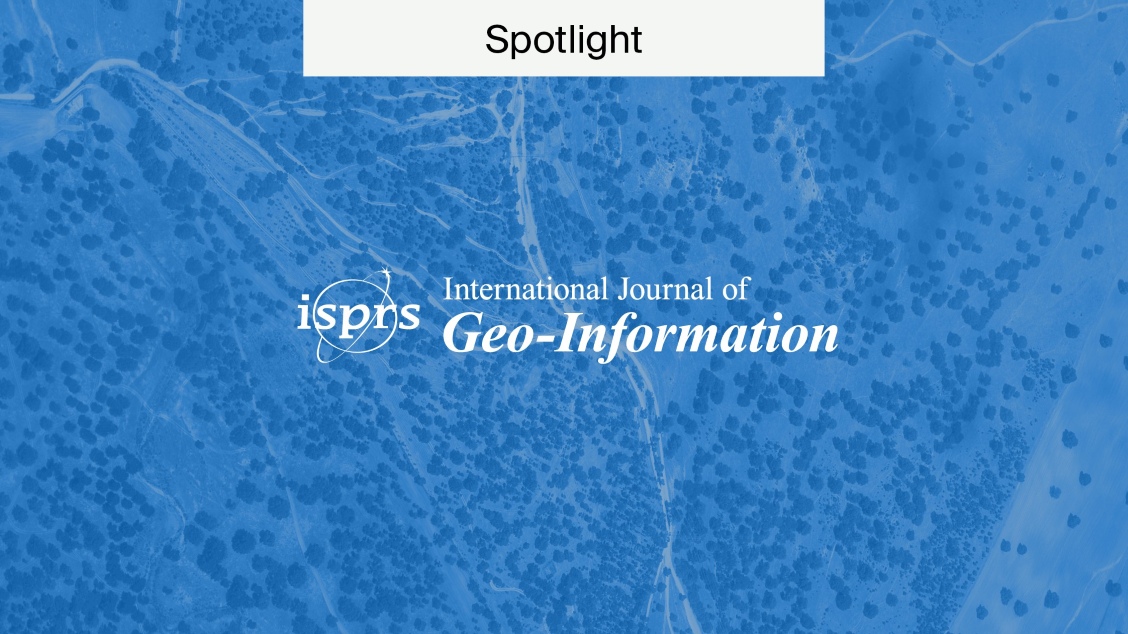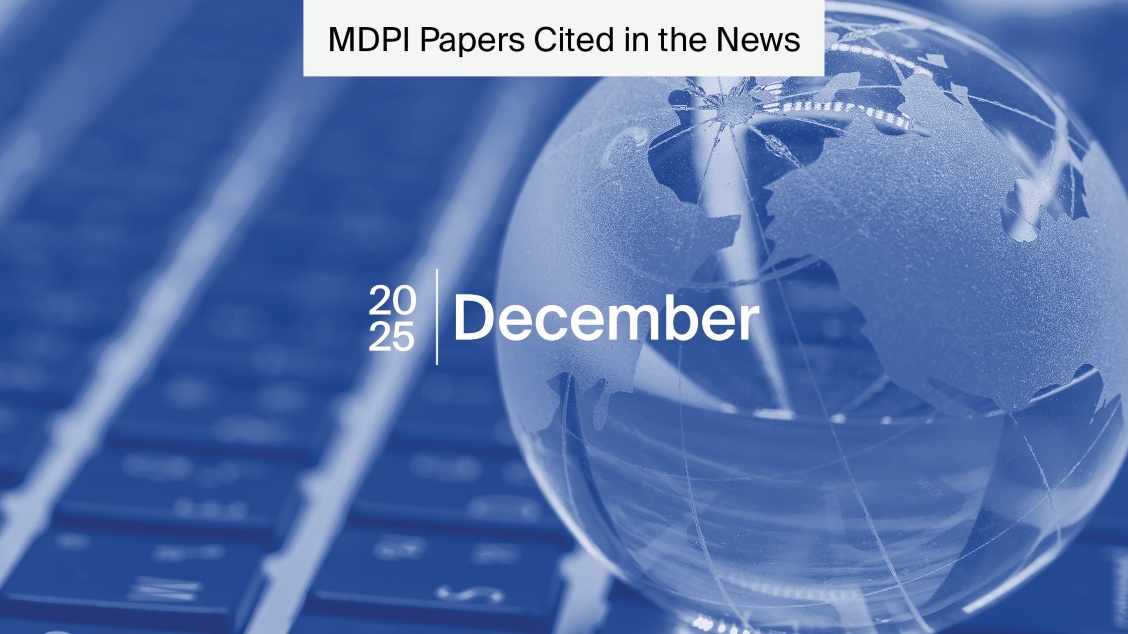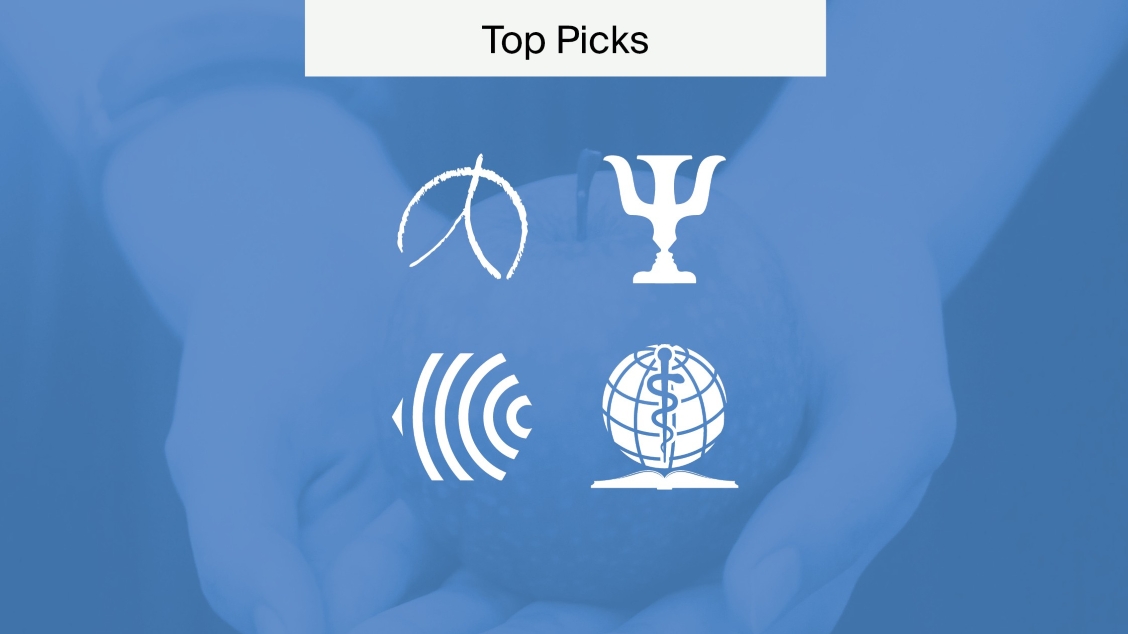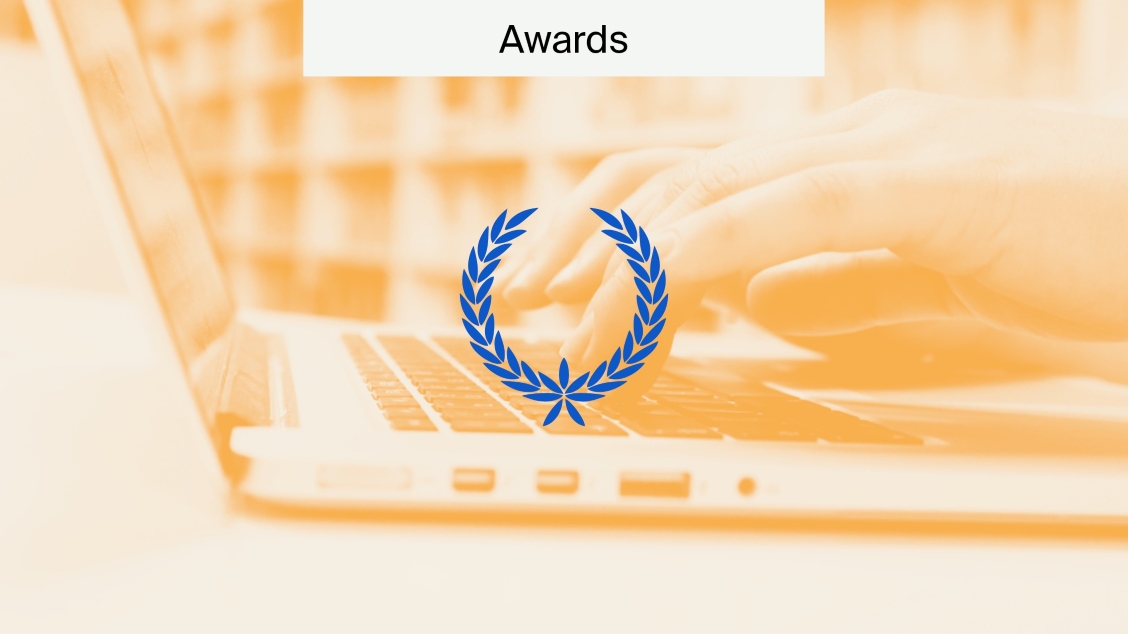
How MDPI/Open Access Supports Societies
Launched in 2019, MDPI’s Societies and Acquisition team acts as the bridge between societies and MDPI, assisting societies looking to establish and develop Open Access journals. As of 2024, the team have established 19 journals published by MDPI on behalf of societies and institutes, and we will welcome a few more in January 2025.
Alongside helping to establish Open Access journals, MDPI’s Societies and Acquisition services include transitioning existing society journals to an Open Access format as well as an affiliation programme.
The affiliation programme helps societies forge closer links with existing MDPI journals which comes with a host of benefits for society members, including discounted Article Processing Charges (APCs). At present, there are more than 170 societies and research organisations affiliated to MDPI’s journals.
Partnering with MDPI’s Society and Acquisition team has several benefits for societies, explored in further detail in this article.
What are societies?
Societies (also referred to as learned societies) play a crucial role in bringing together scholarly communities. They provide a network of support for professionals and researchers working in specific fields, helping to promote their discipline.
Briefly, learned societies are membership organisations. Their members specialise in a certain discipline or belong to a certain profession, with societies providing a platform for discussions and knowledge exchange.
Historically, societies have been central to advancing research. They have acted as key organisations driving knowledge exchange and dissemination, providing a centralised way to better facilitate communication between professionals and/or academics belonging to similar fields. Societies can help in responding to pressing issues in different fields as a result.
Exemplifying society journal successes
To provide an example, the International Society of Neonatal Screening was formed in response to the need for greater quality control when screening for phenylketonuria (a disease affecting protein production) and congenital hypothyroidism (a disorder affecting the thyroid gland, present at birth) in the 1980s. Today, the society comprises around 500 members from across 70 countries.
The society launched its own Open Access journal with MDPI in 2015 to further advance knowledge on newborn screening. You can learn more about the journal in our previous blog article “Spotlight on International Journal of Neonatal Screening”.
Why launch an academic journal?
Academic journals act as a platform for such societies to more formally communicate and disseminate their research. The benefits of launching a journal for societies include formally publishing any important information relevant to societies and more streamlined knowledge exchange over which societies can retain ownership.
As noted in a previous blog article “Creating an Open Access Journal for your Society”, having a journal can help grow a society’s international presence and provide a research platform for scholars. Read the full article to learn more about creating an Open Access journal with MDPI.
“Societies and research associations play a key role in building and shaping research communities, and we believe that they will continue to play an important role in them. At MDPI, we are committed to serving them well. We are thrilled to explore what comes next in the changing publishing landscape.” — MDPI Society Team
The benefits of Open Access for societies
MDPI is a leader in Open Access publishing, with over 25 years of experience in the industry. The processes at MDPI have been refined and developed in this time, and our Societies and Acquisition team offer high-quality high-quantity publishing services for societies looking to establish their own journals. MDPI also acquires journals from societies or publishers that wish to divest them and publishes these journals in an Open Access format.
Transitioning to Open Access allows societies to continue to grow their journals at a time when journal subscription incomes are declining, which you can read more about in our blog article “Helping Societies to Navigate an Open Access World”.
Alongside overcoming financial difficulties, an Open Access model gives research greater exposure and contributes to the growing open science movement.
In the rest of this article, you can read more about the Societies team and what they do, the societies we are supporting and the benefits of transitioning to an Open Access (OA) publishing model with help from MDPI’s Societies team.
Meet the Team
The Societies team comprises Societies leadership, Societies specialists and students of the Societies and Acquisition team, with eight members in total. Each member of the Societies team plays a fundamental role in assisting societies in their Open Access transition.
Here, we provide an overview of the team; you can access the full-length interviews for more information.
Societies Leadership
The leadership team, Dr Carla Aloè and Dr. Clàudia Aunós, have a strong background in engaging with societies.
Having served in diverse capacities within scholarly publishing, Dr Carla Aloè has been with the Societies and Acquisition team for two years and has overseen the team since joining. A typical workday for Dr Aloè runs as follows: prioritizing tasks, assessing the team’s workload and identifying any potential roadblocks that may need to be addressed.
Speaking on common misconceptions of Open Access, she notes that it’s important to dispel the idea that ‘OA journals are poor quality,’ as it is ‘entirely untrue’. She goes on to explain that ‘Many of [MDPI’s] journals are included in major indexing databases’, with all of them being ‘endorsed by prominent associations.’
“Society representatives are often eager to learn how we can tailor our services to meet their specific needs and ensure the success of their journal. To address this, we provide them with a comprehensive, customized proposal that outlines our practical recommendations for journal development, objectives, and future growth.” – Dr. Carla Aloè
Dr Clàudia Aunós has been with the team since 2019, playing a role in its inception. Of the many questions that might be asked, she notes that the most requested inquiry is about cost for societies of less than 500 members. Answering this question, she states that the publishing services ‘are free of any burden cost to the society, regardless of the type of non-profit organization.’ For larger organizations, this is worked out in accordance with the benefits the organization can get for their members while ‘ensuring that their journals are in good hands’.
If you want to learn more, read our previous blog article “Meet the Team: Societies Leadership”.
Societies specialists
Societies specialists have a range of responsibilities, including coordinating and establishing society journals. Dr. Maria Fotiou and Maria Noguera are MDPI’s two Societies specialists.
Speaking on their responsibilities, Dr. Maria Fotiou notes that she works ‘closely with the editorial teams of society journals to ensure the effective management of journals’. The role also entails following up on contract renewals and amendments as well as contacting societies to establish new publishing collaborations and publishing proposals, amongst other responsibilities.
“At MDPI, flexibility is one of our core principles, and we can adapt our services to meet the needs of each society.” – Dr. Maria Fotiou
Maria Noguera provides further detail on her role that also included supporting the Société Internationale d’Urologie to transfer their journal. She notes that she collaborated with the society ‘from the very beginning of the tender process, with online calls and writing a full publishing proposal, to being selected as their publishing partner,’ demonstrating the extent of the Societies team’s involvement in developing journals with societies.
MDPI’s global reach, with offices around the world, also means that the society, based in Canada, can collaborate effectively with editors based in the MDPI Canada office who are dedicated to their journal.
If you want to learn more, read our previous blog article “Meet the Team: Interview with Societies Specialists”.
Students of the Societies and Acquisition team
The students support the wider team by performing administrative duties which include upkeeping reports and databases. Working within the team gives the students a greater awareness of the Open Access publishing model and the workings of societies.
The students include Megan Moeschlin, Müge Demir (who has now joined a different team at MDPI) and Cédric Colin.
Speaking on their role in the Societies and Acquisition team, Megan explains that ‘together with other assistants’ she is ‘responsible for keeping databases and reports up to date,’ as well as ‘supporting Journal Relations Specialists in checking for potential collaborations’.
For Müge, the main benefit of working with MDPI for societies is ‘that we aim to be as flexible as possible regarding [society’s] needs whilst supporting open scientific exchange’.
Cédric notes that working with the societies team has involved disseminating MDPI’s Open Access philosophy to a broader audience of engaged scholars that societies comprise. He explains that ‘this approach not only enhances our visibility, but also strengthens the credibility and impact of our Open Access initiatives’.
All three of the students are currently pursuing their bachelor’s or master’s degrees alongside working at MDPI.
“Students bring fresh perspectives to the company, and we are happy to provide them with opportunities to bridge the gap between theoretical knowledge and real-world experience.” – Dr. Carla Aloè
If you want to learn more, read our previous blog article “Meet the Team: Students of the Societies and Acquisition Team”.
Partnering with MDPI’s Societies and Acquisition team
MDPI has the infrastructure to make the transition to Open Access seamless for societies, along with the resources to maintain and grow society journals.
The benefits of working with our Societies team include rapid publication and high capacity for output as well as high visibility. In 2023 alone, journals published with MDPI received more than 49 million monthly webpage views.
Societies publishing their journals with MDPI still retain ownership and receive benefits whilst allowing MDPI to take care of the editorial handling, professional production, marketing and promotion and indexing; all of these things can be discussed and adapted based on society needs.
Alongside journal-specific services, societies benefit from the infrastructure and expertise MDPI has to organize conferences; individuals also have the opportunity to organize conferences using MDPI infrastructure at sciforum.net.
To find out more about the full scope of services offered by MDPI’s Societies and Acquisition team, visit the website here.










